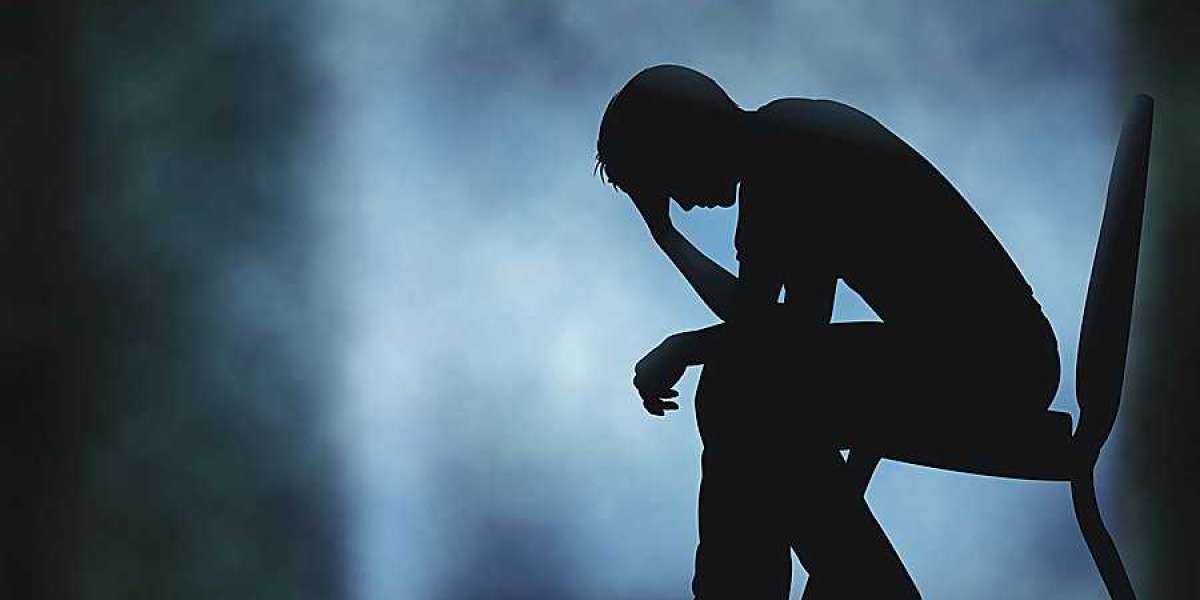Depression is an illness that changes your thoughts, feelings and behaviour. It can impact on your relationships, self-esteem and decision-making ability.
It is a common and treatable condition. In fact, more than 80% of people with depression gain relief from treatment.
Medications
Medications are a key part of treating depression. They can help relieve symptoms quickly and prevent relapses. They also may work well if used along with other treatments such as therapy or self-help.
Antidepressants (also known as SSRIs, SNRIs or tricyclic antidepressants) raise the levels of neurotransmitters like serotonin and norepinephrine in the brain, which can lead to an improvement in mood and feelings. They are usually given to people with moderate to severe depression.
They can have side effects, but many of these will lessen as you continue to take them. Your doctor will start you on a low dose and then gradually increase it until the ideal dose is reached, which provides the best benefits with the fewest side effects.
You will need to take the medication for about 7 to 14 days before you feel its benefits. It is important to not stop taking it if you get mild side effects early on, as these are usually short-lived and go away with treatment.
Psychotherapy
Psychotherapy is a form of therapy that can help you understand your feelings and behavior and learn new ways to cope. It's helpful for a variety of issues, including depression, anxiety and trauma.
Typically, it involves talking with a mental health professional about your issues in a safe and supportive environment. It also involves evaluating your thoughts and behaviors, identifying stresses that contribute to depression and working to modify both.
Many studies have shown that psychotherapy is an effective treatment for depression, particularly when combined with antidepressant medication. However, it takes time for therapy to work, and it's important to attend all of your scheduled sessions.
It's best to find a therapist who has the right training and experience with your kinds of issues. You can get a referral for a therapist from your doctor or a friend or family member, or you can search online through local and state psychological associations.
Alternative medicine
Alternative medicine can help to reduce the symptoms of depression. This can include using vitamins, minerals or herbal remedies. It can also include taking certain types of exercise, such as a regular aerobic routine or strength and flexibility exercises.
Alternative treatments can also include using psychotherapy, such as cognitive behavioural therapy (CBT). Some people choose to try alternative medicine in combination with medication and/or psychotherapy.
The use of alternative therapies can be safe, but they may also have side effects and drug interactions, similar to those of conventional medicines. For this reason, it is important to talk to your doctor before starting any new treatment.
Herbal therapies, such as St John’s wort and omega-3 fatty acids, are commonly used to treat depression. However, they can interact with medications taken for depression and cause unwanted side effects.
Self-help
Getting help from a therapist is often recommended for depression, but if you don’t feel comfortable sharing your problems with a professional, self-help resources can help you learn to cope with symptoms. These resources can also help you prevent relapse, which is the most common problem associated with depression.
Having regular exercise can be a good way to reduce symptoms and boost energy levels, research shows. Try walking or jogging, swimming or water aerobics, or joining a group like a sports club or exercise class.
Be sure to schedule the activity in your daily routine, so you’re more likely to stick with it and get a good workout out of it. It also helps to pick an activity that doesn’t require a lot of motivation, says physiotherapist and mental health coach Paul Alves.
Changing your thoughts and finding ways to stay positive can help turn depression around. Negative self-talk and a sense of defeat are a hallmark of depression, so be sure to challenge it.


